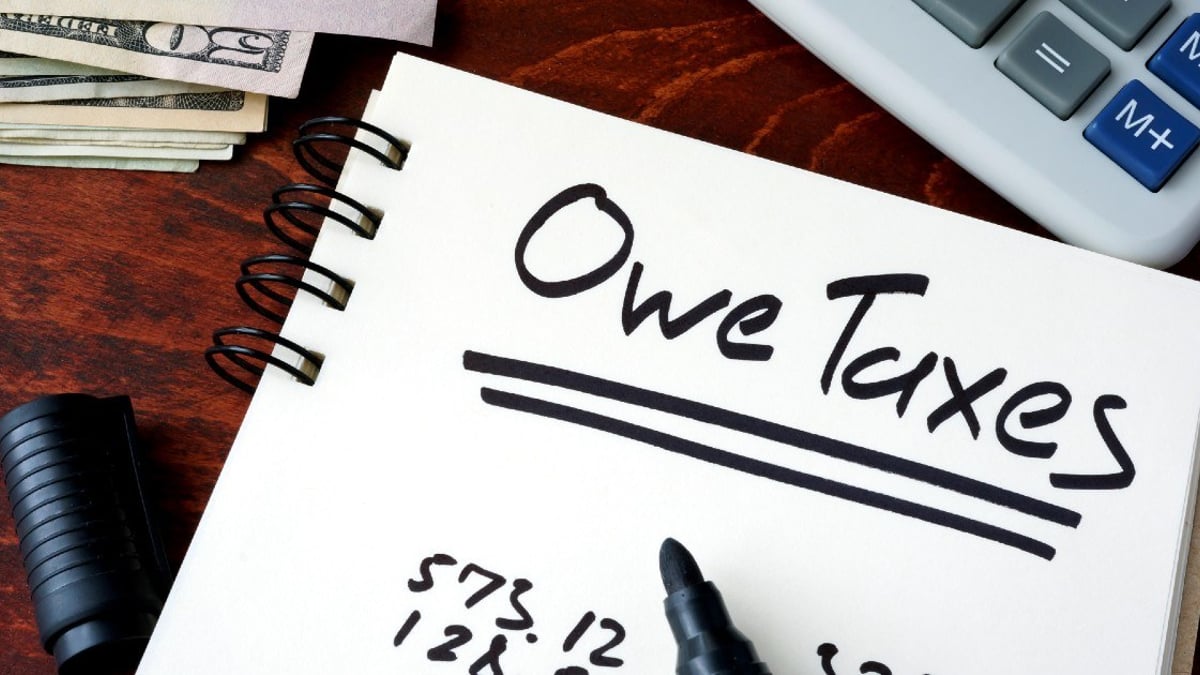Sportsbooks Cry Foul As Ohio Doubles Sports Betting Tax Rate

The Ohio sports betting industry went live on Jan. 1, 2023. Seven months later, the state decided to increase the tax burden on operators from 10% to 20%.
Critics are crying foul, noting that operators applied and paid for a sports betting license believing they would be taxed at 10%. With Ohio doubling the rate, some of these operators may be having second thoughts, or at least reconsidering their past, current, and future approach to marketing.
But is this a case of having your cake and eating it too? After all, operators made a serious push to get New York to lower its 51% tax rate this year, and many operators eschewed bidding on a New York license because of the excessive tax rate. Would they have approached New York differently if the tax rate was lower?
Changing the tax rate after the fact can’t be acceptable if it is revised down and unacceptable if it is revised up. Operators made strategic decisions based on the fees and tax rates presented.
We Should Study That
One caveat, the legislature has commissioned a gaming study that could recommend reducing the tax rate. The commission could also weigh in on other forms of online gambling, such as lottery or casino.
Per the budget, the Committee is expected to:
(1) Examine the current status of the statewide lottery and the future of the lottery industry and make recommendations to the General Assembly Am. Sub. H. B. No. 33 135th G.A. 6164 concerning the statewide lottery;
(2) Examine the implementation of sports gaming under this act H.B. 29 of the 134th General Assembly and the future of the sports gaming industry and shall report its make recommendations, if any, to the General Assembly concerning sports gaming in this state;
(3) Examine the current status of casino gaming in this state and the future of the casino gaming industry and make recommendations to the General Assembly concerning casino gaming in this state;
(4) Examine the current status of horse racing in this state and the future of the horse racing industry and make recommendations to the General Assembly concerning horse racing in this state.
The Commission is required to offer recommendations by June 30, 2024.
That could set up a situation where any revenue lost from lowering the sports betting tax rate could be offset through the legalization or expansion of another form of gambling.

Not Without Precedent
Ohio isn’t the first state to pull a Darth Vader and alter the deal. One somewhat recent example is Pennsylvania. In 2016, Pennsylvania bumped up its gambling tax rates from 14% to 16% on table games, much to the chagrin of casino operators.
What sets Ohio apart is how quickly it changed course and the substantial increase from 10% to 20%.
Is Ohio a Trendsetter or an Outlier?
The big question for the industry is this, will other states decide to follow in Ohio’s footsteps?
Ohio, along with Massachusetts, has spearheaded efforts to hold operators accountable for marketing. Other states, from New York to Maine, are ramping up pressure on operators through marketing restrictions and increased responsible gambling policies.
On the tax rate front, there is plenty of buyer’s remorse among states.
“I still think we gave this away,” State Sen. Mike Maroney said in 2019, “I think the numbers are going to show we left a lot of money on the table that went into the pockets” of casino operators.
Colorado and Virginia didn’t increase their sports betting tax rates, but they did adjust their tax policies to phase out promotional deductions.
And in New Jersey, a five-year extension of online gambling (rather than the expected 10-year extension) has some speculating that it will be used as leverage to increase gambling tax rates.
With Ohio doubling its rate, other states with trivial tax burdens (whether from low rates or the allowance of promotional deductions) may see an opportunity to do the same. On the other hand, operators may increase lobbying efforts to argue against rate increases.
The latter may not work. Ohio didn’t spring the new tax rate on operators. It was included in the budget put forth by Gov. Mike DeWine in February. Operators had months to persuade lawmakers to leave the rate as-is and failed.
Be first to get our exclusive sports offers!
Join today to stay up to date on your states gambling news and offers.








